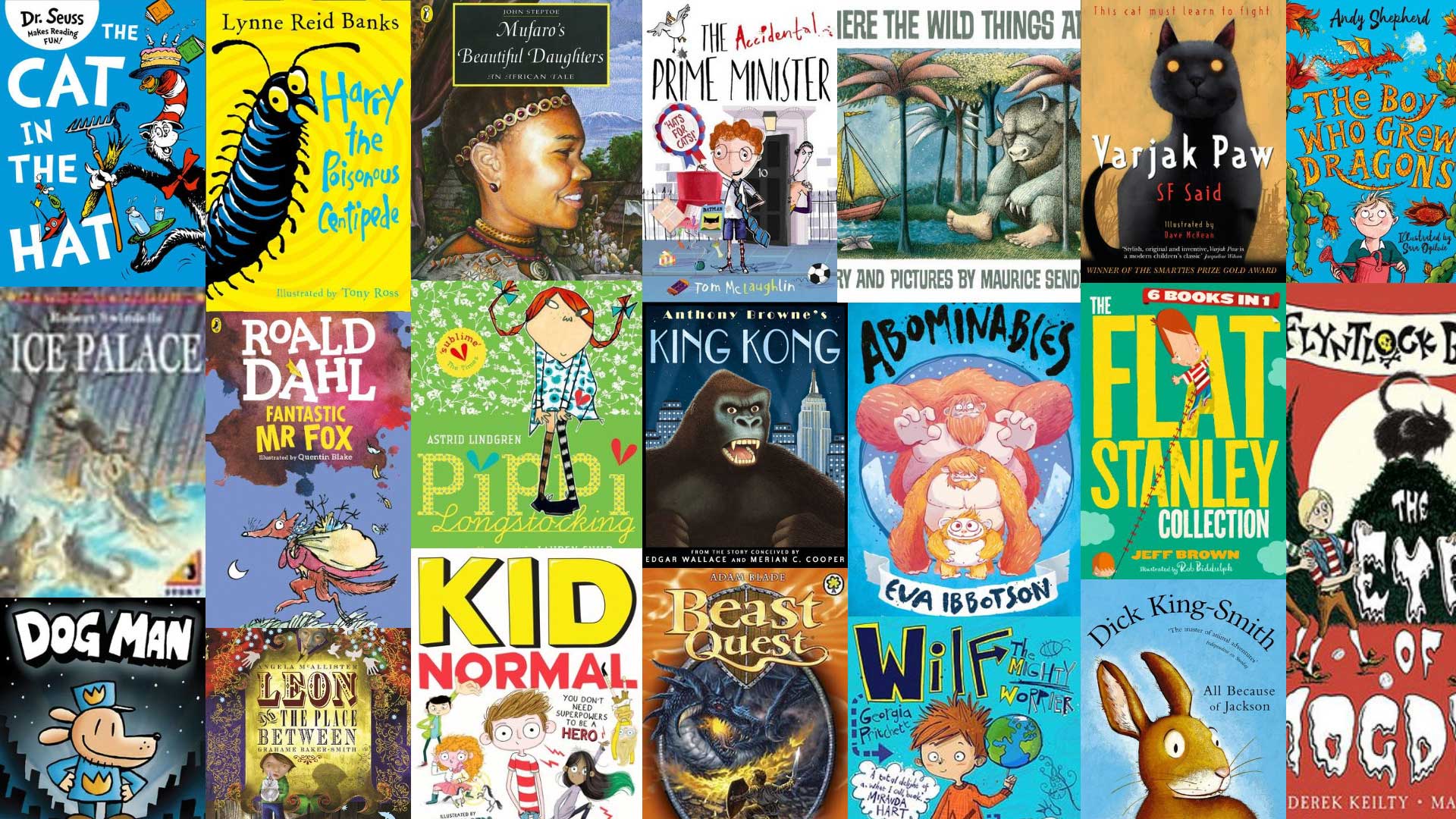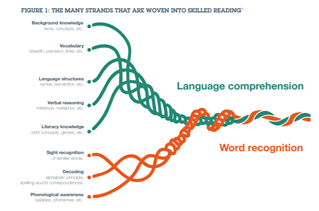Reading at Highfield
"Reading is at the heart of the school and pupils love reading. There are plenty of opportunities for them to read. They make use of the well-stocked library and enjoy the quiet, calm space. Parents are actively involved in reading to pupils at home. The teaching of phonics is prioritised from the very start of Reception and a systematic approach is followed. This means that phonics is taught consistently well. The books pupils read match the sounds that they are learning, and this helps them to feel successful. Those pupils who struggle receive additional help. As a result, they catch up quickly."
Inspection report: Highfield Church of England Primary School, July 2022

All our staff are committed to ensuring that all children become independent and fluent readers during their time at our school. We want our children to enjoy books as much as we do!
Reading allows us to be transported from our own world to another. Between the pages of a book, we can become immersed in the lives of fictional characters and learn about a culture entirely different from our own. We can also learn new words and phrases, experience a range of emotions, and acquire skills and knowledge.
At Highfield, we provide access to high quality texts which have been carefully selected to help develop children’s skills as a reader but also a passion and enthusiasm for reading. There is a broad range of subject matter, genre, authors, styles and levels of challenge. Children are immersed in high quality children’s literature and the quality texts are carefully chosen to ensure challenge for all.
The EEF (Education Endowment Fund) researched based evidence (diagram below), highlights the key strands of reading that form the skills that will be taught throughout the school.

Children are taught the appropriate strategies in reading to help develop their comprehension skills, including word recognition, phonic skills and the use of picture and contextual cues.
Early Reading
In our curriculum, there is a focus on building strong foundations, and this is particularly key to reading. The Bold Beginnings (2017) report emphasised the importance of securing the essential skill of reading; starting quickly, from the first week of the academic year. We follow a scheme called Read, Write Inc.

A rigorous and sequential approach to the reading curriculum develops pupils’ fluency, confidence, and enjoyment in reading. At all stages, reading attainment is assessed and gaps are addressed quickly and effectively for all pupils in order to meet or exceed age-related expectations.
Reading books show a cumulative progression in phonics and are accurately matched to the grapheme-phoneme correspondences each pupil already knows. All children have books they can read and match their phonic knowledge.
Here are some examples of strategies we use to promote the development of reading:
- A carefully planned curriculum where content is sequential and knowledge is built over time.
- Direct, focused phonics is taught every day in Reception and key stage 1.
- Children read from books with the sounds they know, while they are learning to read.
- Teachers and teaching assistants provide extra practice through the day for the children who need more support.
- All children can read age-appropriate books and those who need to catch up are given additional support and intervention.
- Teachers instil a love of literature: the best stories and poems are shared with children.
- Story time - every class has a class book, read by the teacher to model great reading.
- Books are chosen to support into writing learning sequence (part of the writing journey).
- We engage in nationwide initiatives and competitions.
- We organise regular visits from authors and speakers.
- Daily 1:1 reading is timetabled for children who need the most support.
- Reading for pleasure is timetabled into the school week.
- Pupils have reading diaries to record all their out of school reading. Children are expected to read at least 5x a week at home.
- Peer reading is established across the school - older children support pupils in younger year groups.
Our Reading Incentives
Children will be given reading books to take home each week, and it is helpful if parents can make a brief comment in their child's reading record to help us understand how they are getting on with their reading at home. This is monitored by staff, with children being rewarded accordingly. All children are expected to read at least 5 times a week and achieve a reading point. When the class has achieved 180 points, the class get a reward! We expect children to bring their reading books and record into school every day.
The above picture shows an example of one of the fantastic reading treats that classes have chosen - a fire pit and toasting marshmallows!
